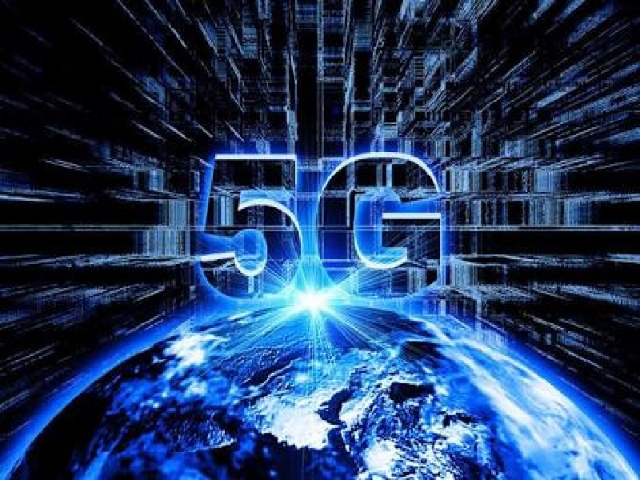Featured
NCC to auction 5G spectrum in Q4 2021
Published
5 years agoon

NCC to auction 5G spectrum in Q4 2021
Read Also:
Nigeria is fast moving towards deployment of 5G network with the calendar of the Nigerian Communications Commission (NCC) slating spectrum auctioning for the last quarter of this year.
Umar Danbatta, the Executive Vice Chairman of the Commission revealed this on Thursday at the maiden International Conference on Information and Engineering Systems (ICIES) at Nile University, Abuja.
The EVC who was represented by the NCC Director of Technical Standard, Mr. Bako Wakil, however noted that for the process of the allocation, auctioning, assigning and commercialisation of 5G spectrum to be seamless and successful, the Federal Government must provide an enabling environment.
As such, he said the government will provide an enabling environment for 5G deployment while Mobile Network Operators (MNOs) will determine their own deployment strategies, subject to alignment with approved policies and other regulatory instruments in force.
The NCC boss said securing spectrum for 5G is an antecedent for any operator to commit serious investment to 5G infrastructure.
This, he said makes it imperative for the spectrum allocation and assignment process to be concluded as early as possible.
According to him, commission is working with a timeline proposed as optimal in the policy document that puts 5G Spectrum Allocation in the Q2 of 2021; 5G Spectrum Auction in the Q4 of 2021; 5G Spectrum Assignments within the Q1 of 2022; and Commercialisation of 5G Spectrum by the last quarter of 2022.
Danbatta, who spoke on the topic “5G Deployment: Catalyst for Digital Transformation in Nigeria”, explained that researches and tests had been carried out on the hazardous impact of electromagnetic emissions from 5G and that they were far below the minimum required standard.
He said, “The plan to deploy 5G technology creates need for study of the electromagnetic radiation levels which will be generated by the 5G infrastructure.”
“These tests were conducted in accordance with the International Commission on Non-lonizing Radiation Protection (ICNIRP) Guidelines for general public exposure to time-varying electromagnetic fields.”
“The results of the test show that radiation from 5G infrastructure is far below the ICNIRP specification for protection of members of the public and therefore, suggest that no public health hazards are expected from the use of 5G in Nigeria.”
“Scientific evidence from studies carried out by the Institute of Electrical and Electronics Engineers (IEEE), the United Nations Environment Program (UNEP) and the World Health Organisation (WHO), all show that exposure to radio frequencies are safe and does not cause or initiate the occurrence of cancers.”
“We are hopeful that the 5G revolution will transform our nation and the economy digitally and become a developmental revolution as well as digital transformation tools, reaching out and bringing benefits to everyone everywhere,” he said.
Share this:
- Click to share on X (Opens in new window) X
- Click to share on Facebook (Opens in new window) Facebook
- Click to share on WhatsApp (Opens in new window) WhatsApp
- Click to share on Pocket (Opens in new window) Pocket
- Click to share on Telegram (Opens in new window) Telegram
- Click to email a link to a friend (Opens in new window) Email
- Click to share on LinkedIn (Opens in new window) LinkedIn
